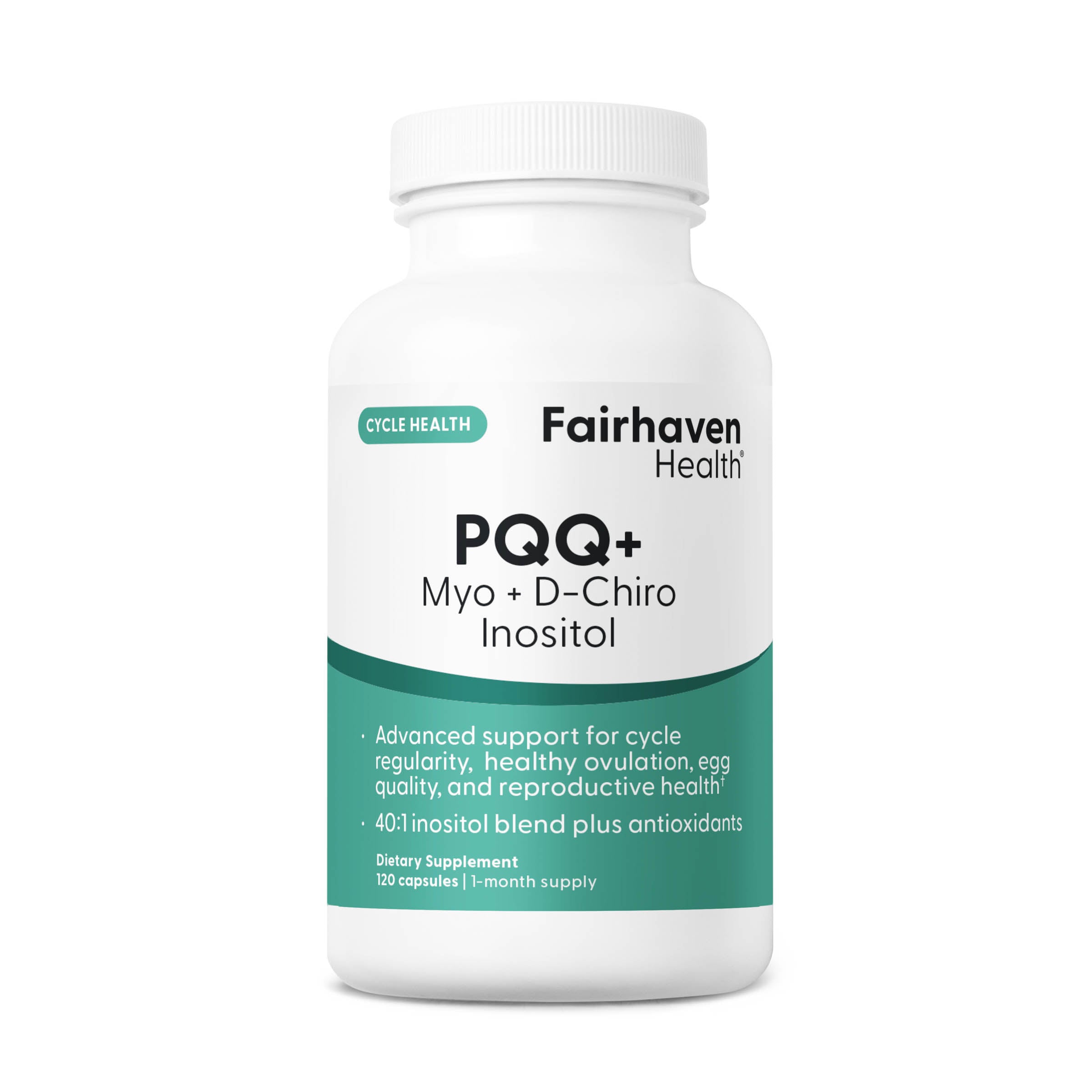If you are a super savvy TTC-er, you have probably heard about women using their OPKs (ovulation predictor kits) as pregnancy tests. On the other hand, if you are new to the TTC community, you might be wondering how this is possible. While it is certainly possible to use an ovulation test as a pregnancy test, it is not necessarily the most advisable method for testing for pregnancy. Here is the low-down on using an ovulation test as a pregnancy test:
An ovulation test works by detecting the surge in luteinizing hormone (LH) that precedes ovulation. Pregnancy tests work by detecting the presence of human chorionic gonadotropin (hCG) in your urine. Interestingly, hCG and LH are both known scientifically as glycoproteins, which simply means that these hormones are made up of a protein with a sugar attached to it. Of even greater interest for this discussion, is the fact that the protein parts of hCG and LH look very similar. So similar, in fact, a standard ovulation test (OPK) is unable to distinguish between LH and hCG in your urine. Therefore, if you have enough of either of the two hormones (LH or hCG) in your urine at the time you test using an OPK, you will get a positive result on the OPK.
In theory, therefore, a positive result on an ovulation test taken after you have missed a period could definitely indicate that you are pregnant. But, while it might be tempting to use your extra ovulation test as a pregnancy test, most OPKs are not as sensitive as an early detection pregnancy test, which means that you will run the risk of getting a false negative...so, even if you are pregnant, your OPK will not be sensitive enough to detect the small amounts of hCG that are present in your urine in the first few days after conception. If you suspect that you have conceived, the quickest, most accurate way to confirm pregnancy is to use an early detection pregnancy test







